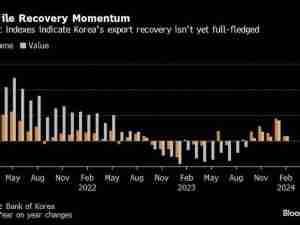Americans support a tough stance on China but are uncertain about President Joe Biden’s ability to deal effectively with the country, according to a new survey by the Pew Research Center.
The polling found that 53% of Americans surveyed had faith that Biden could deal with China “somewhat” or “very” effectively, the lowest score that the president received across six foreign policy issues. By contrast, 67% were confident that Biden could improve relations with U.S. allies, and 60% had confidence in Biden to do the right thing regarding international affairs in general.
The results highlight the public pressure on Biden to continue the tough China policy touted by his predecessor Donald Trump. Since entering office in January, the administration has signaled that it plans a tough stance toward Beijing while also allowing for possible areas of cooperation on issues such as climate change.
In a speech on Wednesday, Secretary of State Antony Blinken said the U.S. approach to China will be “competitive when it should be, collaborative when it can be and adversarial when it must be.”
On Feb. 5, roughly two weeks into his presidency, Gallup said about 57% of Americans approved of Biden’s job performance, with 37% signaling disapproval. That poll was based on phone interviews of 1,500 adults.
The Pew survey’s results highlight the challenges Beijing faces if it hopes to improve relations with the U.S. According to Pew, 89% of U.S. adults consider China a competitor or an enemy. The poll also registered a 21-point increase in the number of Americans who reported an unfavorable view of China since 2018, with 67% of Americans saying that they felt “cold” toward the nation, up from 46% in 2018.
The Pew survey also asked respondents for their opinions of Chinese President Xi Jinping. It found 82% have little or no confidence in the Chinese leader to do the right thing in world affairs. Also, 70% supported promoting human rights in the country, even if it harms economic relations, and 55% expressed support for limiting Chinese students studying in the U.S.
The poll was based on interviews with 2,596 adults from Feb. 1 to 7, with a margin of error of plus-or-minus 2.7 percentage points.








